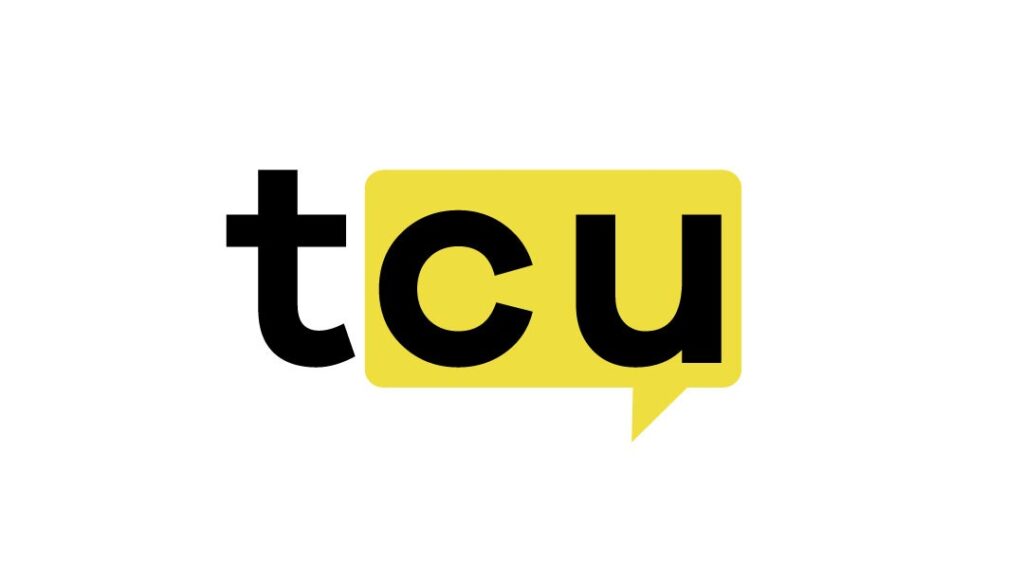The Compliance Challenge in Decentralized Finance
At DC Fintech Week in Washington, a panel discussion addressed one of the most enduring questions in crypto: how decentralized financial projects can operate within regulatory frameworks. The conversation brought together experts from different industry sectors, all grappling with the fundamental tension between decentralization and compliance.
Maha El Dimachki from the BIS Innovation Hub Singapore Center, Yaya Fanusie from Aleo, and Lee Schneider from Ava Labs joined the discussion, each offering distinct perspectives on this complex issue. What struck me was how everyone recognized the contradiction inherent in the principle: true decentralization means that developers should not control how their protocols are used, while regulators increasingly expect some level of oversight.
Developer Responsibility and Risk Management
The conversation naturally turned to developer liability, especially given recent cases like those involving Tornado Cash developers Roman Storm and Alexey Pertsev. These cases have highlighted the responsibility of developers for how their creations are used. Fanusie suggested reframing the debate from pure compliance to “risk management,” focusing on issues that developers could reasonably anticipate and address.
Schneider offered an interesting perspective that I think resonates with many people in the field. He noted that developers and regulators share a common goal: to prevent users from losing money. This alignment, while perhaps not immediately obvious, provides common ground for future discussions on regulatory frameworks.
Results-based approaches
El Dimachki, drawing on his experience at the UK’s Financial Conduct Authority, argued for results-oriented policymaking. This approach focuses on preventing malicious activity rather than prescribing specific technical requirements. This is a more flexible framework that could better accommodate the evolving nature of DeFi protocols.
What became clear during the discussion is that there is no simple answer. Panelists generally agreed that developers can take steps to avoid regulatory issues, but the details remain difficult. Integrating compliance tools directly into protocols could be one approach, although it raises questions about how much control developers should maintain over so-called decentralized systems.
The way forward
Perhaps the most important takeaway was the recognition that we need clearer definitions and consensus on what “compliance” means, even in the context of DeFi. Without a common understanding, developers and regulators will continue to argue.
This ongoing dialogue reflects the broader maturation of the crypto industry. As DeFi moves from the experimental phase to more widespread adoption, these regulatory questions become increasingly pressing. The conversation at DC Fintech Week represents just one step in what will likely be a long process to find workable solutions that balance innovation with necessary protections.
What is encouraging is that these discussions are taking place. The fact that regulators, developers, and policy experts are taking an interest in these issues suggests a growing recognition that DeFi is not going away and that finding sensible regulatory approaches is in everyone’s interest.
![]()




